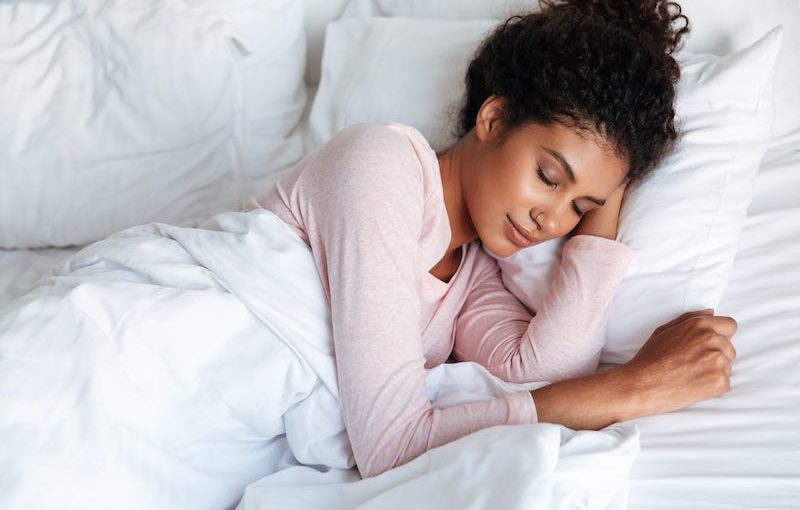Dec 18, 2023Sleep your way to improved athletic performance
Sleep might not be at the top of the list when you think about ways to boost your athletic performance. But it’s just as important as your training program, nutrition and hydration.
As you push your body to be stronger, go faster and be more agile, your tissues undergo continual wear and tear. Sleep provides your body time and energy to repair the wear and tear. Because your body has undergone these repair sessions, you’re less likely to be injured. You’re also less likely to become ill because sleep strengthens your immune system.
 A recent story from the Mayo Clinic detailed the relationship between sleep and improved athletic performance. Below is an excerpt from the Mayo Clinic story.
A recent story from the Mayo Clinic detailed the relationship between sleep and improved athletic performance. Below is an excerpt from the Mayo Clinic story.
Studies of collegiate athletes show that when they don’t get enough sleep, their reaction times and accuracy decrease. One study focusing on basketball free throws and three-pointers found that sleep-deprived athletes can see a drop of 50% in accuracy. With 10 or more hours of sleep, accuracy can increase by 10%. That’s a 60% potential difference in performance.
Getting enough sleep also helps with your mental health and resiliency. The National Collegiate Athletic Association (NCAA) has added sleep screening to its best practices to monitor for conditions like insomnia and sleep apnea.
Teenage student-athletes face numerous challenges to achieve that sweet spot of eight to 10 hours of sleep, including the demands of training, the times when games and practices are held, school, work, and social and family time.
During the teen years, the body changes the natural sleep-wake cycle, known as circadian rhythm. Teens tend to stay up later at night and sleep later in the morning. That’s why those early-morning practices can play havoc with a teen’s sleep reservoir and influence a student athlete’s mental and physical health.
Daily life is full of stressors that can sabotage your best attempts to establish a healthy sleep routine. One of those stressors may be a wearable device tracking your sleep. If you’re sleep-deprived, seeing regular reminders of your lack of sleep can be stressful.
» ALSO SEE: Study examines abnormal heart function among elite athletes
Having a good support network of family, friends, coaches and teammates to talk with can help you cope with some of those stressors. If sleep still is elusive, consider counseling, which may include cognitive behavioral therapy, mindfulness, meditation and journaling.
Just like learning and gaining proficiency in your sport takes practice, so does getting a good night’s sleep. The sleep habits you develop and practice now will last a lifetime.
To read the full story from the Mayo Clinic about sleep and athletic performance, click here.



